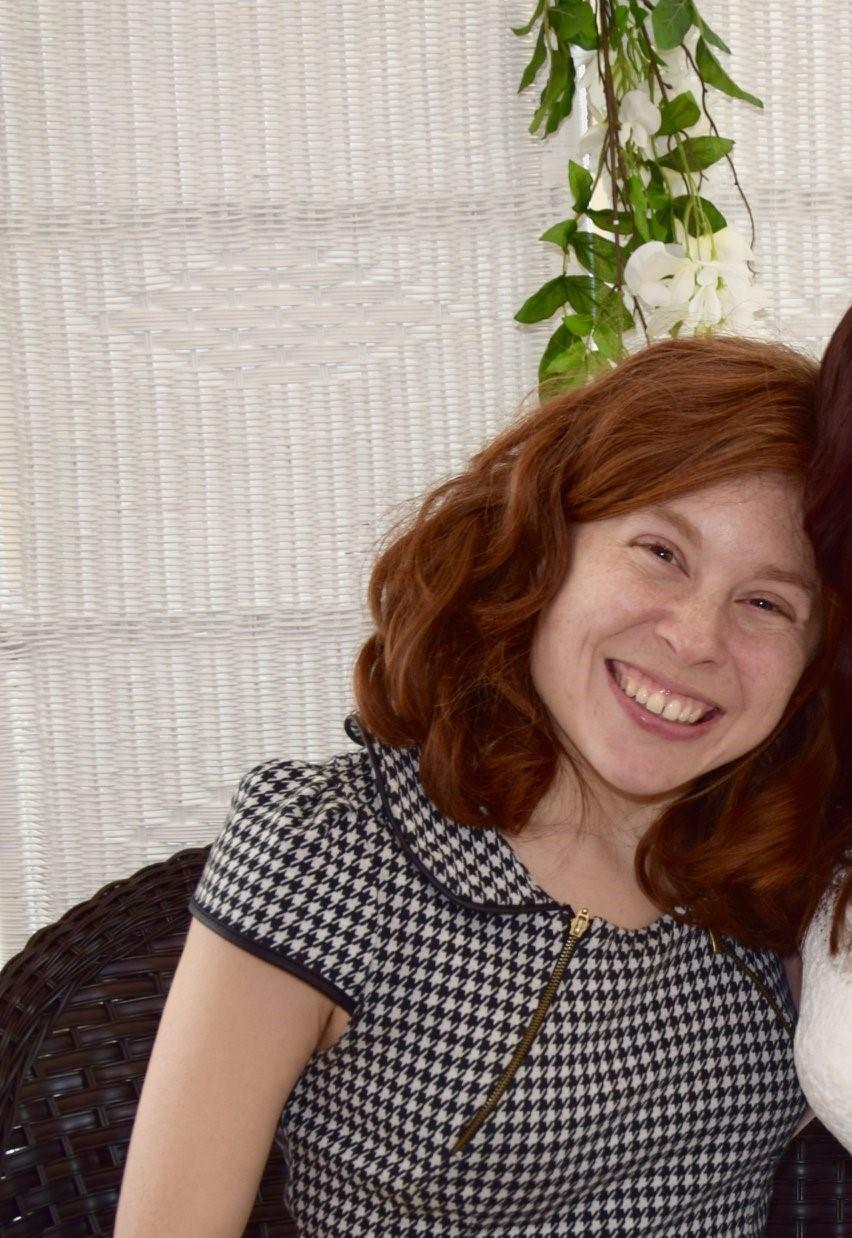How Mothers With Medically Fragile Children Build Community

According to the National Institutes of Health, 19% of children in the United States have special healthcare needs, which can cause a lot of stress including financial worries and isolation.
“There is a lot of guilt, shame, and overwhelm that comes with kids not doing well,” said Mila Tesher, a pediatric occupational therapist who specializes in neurological disorders.
As a provider, she sees how lonely parents can be, particularly because of HIPPA and other health privacy laws.
“They build relationships with those who support their families, but it’s a pretty lonely place for families,” Mila said.
While building community requires creativity, several moms have found unique ways to find and connect with others in their shoes.

Building Online Communities
When Susan Leigh’s infant son Rowan was diagnosed with a rare chromosomal deletion, she sought out other moms, called medical moms, who had similar experiences. She found that using hashtags on Instagram helped her find moms whose children had the same deletion. She then started an instagram account for Rowan to document his journey.
“I wanted to share Rowan and our story with anyone who might find comfort in finding us,” Susan said.
Not only has Susan helped and comforted others, but she has also built community and connection with other medical moms who found her through Rowan’s account.
“A lot of times it was to share info about therapies or equipment, but usually mom just supporting moms,” Susan said.
Building Accessible Spaces
Lisa Tulpani’s son Petey was diagnosed with spastic quadriplegic cerebral palsyas an infant. What Lisa found especially difficult was receiving this diagnosis during COVID-19 because not only was it difficult to find resources and schedule doctors appointments for Petey, but being homebound made it hard to build community. Even after restrictions eased, she said visiting other people has been hard because of all the stuff she has to bring to make sure Petey is safe.
She wants to create a space where she could host public events without having to worry about loading her car with so much stuff. So she renovated a winnebago called the Lynnebago (named as such because it’s based in Lynne, Massachusetts) for outdoor event spaces that has a wheelchair accessible bathroom with a changing table in addition to other accommodations such as a sensory room where children, such as her business partner Maria Riley’s son, who may find loud noises overwhelming can go to take some space away from the event.
“The Lynnebago is a prototype for how we see the future of accessibility,” Lisa said.
The Lynnebago is still in the development stages, but Lisa and Maria have currently won a grant of $75,000 from Northeast Arc, a non-profit that helps people with disabilities participate in their local communities.
“We are currently crowdfunding to get our prototype up and running, and hope to provide service to support access to joy at both larger community events, and smaller disability family centric events,” Lisa said.

Building Community Through Travel
In August 2020, when Jordana Izzo’s son was diagnosed with Autism, the doctor told her that her family would not be able to enjoy activities they enjoyed previously, such as dining out or travel. What the doctor did not know was that Jordana was an experienced travel agent who has planned many types of trips including honeymoons, corporate getaways and destination weddings.
“He didn’t know I was a travel agent and I then made it my life’s mission to prove him wrong,” Jordana said.
In 2024, she created an accessible travel certification for the travel agency she founded and became the Director of Accessible Travel. In that role, she works to make sure kids and families are fully accommodated.
“A lot about finding a balance between making sure kids and families are accommodated is really about finding a destination that truly understands.”
Building these group trips has given Jordana the opportunity to connect with other medical families.
“I have been able to relate to them and talk through our experiences together, [including] what is and isn’t working,” Jordana said.

While NIH reports that the mental health of parents with medically fragile children is not well understood, these moms put time and effort to find others who do understand their unique struggles. From helping each other with day-to-day life to planning communal events together, there are many ways to build support networks and ease the isolation that clinicians such as Mila encounter.






